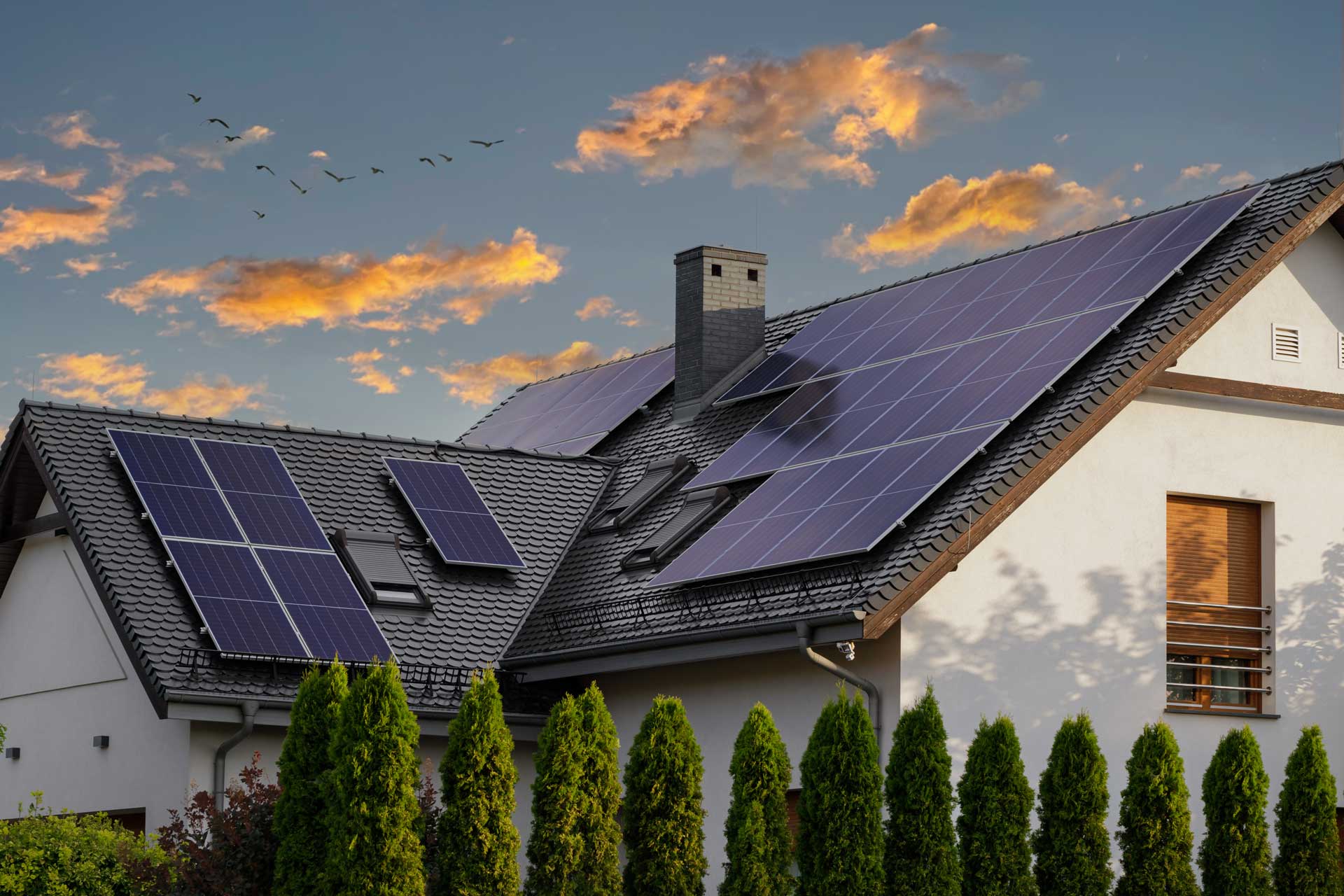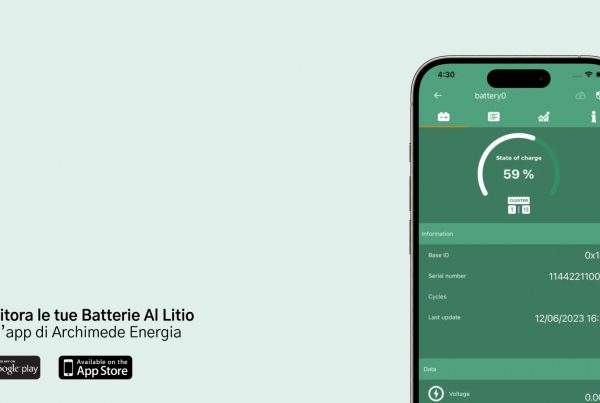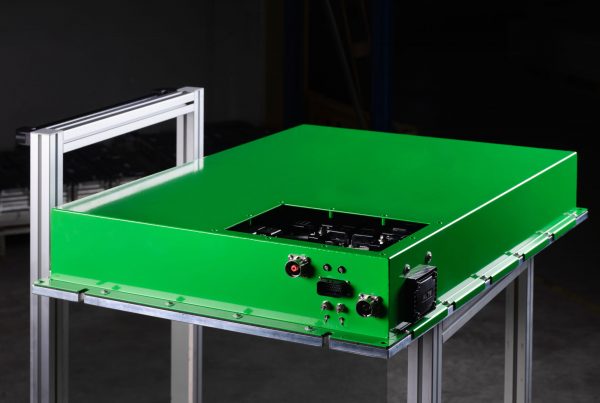Archimede Energia and the CEI 0-21 Standard
Lithium batteries are at the heart of the energy transition. They enable efficient and safe energy storage, providing an essential solution for those seeking sustainability and reliability. At Archimede Energia, a specialized manufacturer of lithium batteries, we have achieved a significant milestone: our lithium accumulators have been approved according to the requirements of the CEI 0-21 Standard. This certification attests to the technology and safety of our solutions, offering concrete guarantees to both consumers and industry operators.
Photovoltaic systems are among the most effective solutions for sustainable energy production. However, to ensure optimal operation and compliance with Italian regulations, it is essential to follow specific requirements, such as those established by the CEI 0-21 Standard.
In this article, we will discuss what a photovoltaic system is, how the produced energy is fed into the grid, the risks associated with overvoltage, and the solutions to mitigate them. Additionally, we will explore the advantages of our bidirectional systems certified according to the CEI 0-21 Standard.
What is the CEI 0-21 Standard?
The CEI 0-21 Standard is a mandatory technical document in Italy, developed by the Italian Electrotechnical Committee (CEI), which regulates the connection of electrical installations to the low-voltage (LV) distribution network, with a particular focus on energy production systems such as photovoltaic plants.
This standard defines the technical requirements and procedures that must be followed to ensure that the connection is made safely and in compliance with national standards, thereby protecting both end-users and the public grid.
Why is it important?
The CEI 0-21 Standard is crucial for ensuring that power generation systems meet safety and efficiency standards, facilitating the integration of renewable energy sources into the Italian electrical grid without compromising its stability. Moreover, compliance with this standard is mandatory for obtaining and maintaining a grid connection.
Who must comply with it?
- Manufacturers and installers of photovoltaic systems
- Manufacturers of inverters and storage systems
- End-users who want to connect their system to the public grid
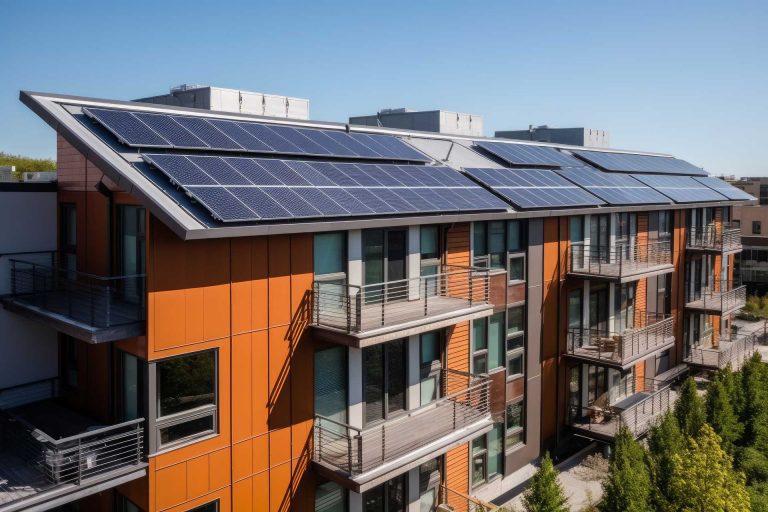
What is a photovoltaic system?
A photovoltaic system is a system that converts solar energy into usable electrical energy. It primarily consists of:
- Photovoltaic panels: Capture solar radiation and convert it into direct current (DC).
- Inverter: Converts DC into alternating current (AC), making it usable for household consumption or feeding it into the grid.
- Storage system (optional but increasingly popular): Allows excess energy to be stored for later use.
How is photovoltaic energy fed into the grid?
The energy generated by a photovoltaic system can either be used directly or fed into the electrical grid through an inverter. This device converts DC into AC, ensuring that the electricity is compatible with the grid. The CEI 0-21 Standard ensures that this process happens safely and efficiently, preventing issues such as overvoltage and incompatibility. Moreover, on-grid systems can sell excess energy or offset it against consumption during peak demand periods.
What is grid overvoltage and its effects?
Grid overvoltage occurs when the voltage level exceeds acceptable limits for electrical devices. This phenomenon can:
- Damage equipment such as inverters and storage systems
- Cause malfunctions in the system
- Compromise safety of the installation
The CEI 0-21 Standard establishes specific measures to prevent these issues.
Causes of grid overvoltage in photovoltaic systems:
- Incorrect system sizing: Poorly designed systems can generate excessive voltage.
- Defective or unsuitable inverter: Low-quality or non-certified inverters cannot properly manage voltage fluctuations.
- Sudden variations in solar radiation: Rapid changes, such as cloud cover, can cause instability.
- Inadequate power grid conditions: Old or overloaded infrastructure contributes to overvoltage.
- Undersized electrical cables: Thin cables can lead to leakages and overheating.
- System isolation defects or failures: Technical issues increase the risk of overvoltage.
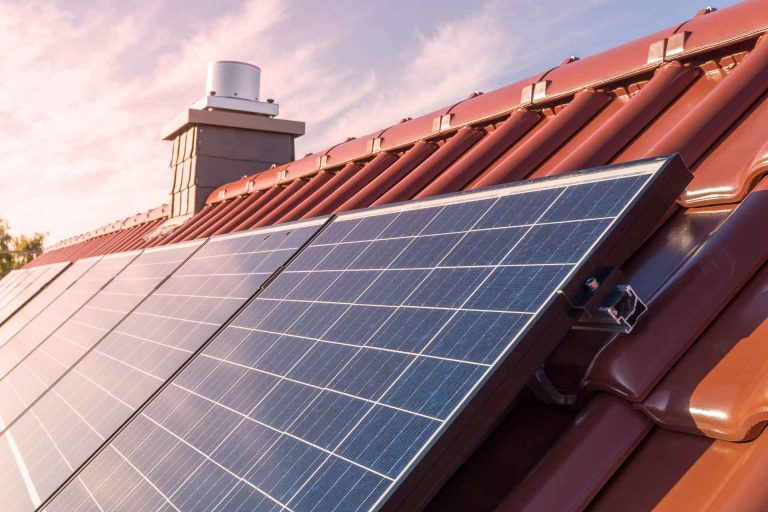
How to solve grid overvoltage issues during energy feed-in?
To prevent and mitigate overvoltage problems, it is essential to:
✔ Choose certified inverters: Devices compliant with CEI 0-21, such as Leonardo Pro 5000/48 Li inverters, ensure safe energy management.
✔ Properly size the system: A well-designed system avoids overloads and instability.
✔ Implement monitoring systems: These detect anomalies in real-time and allow for prompt intervention.
✔ Perform regular maintenance: Periodic inspections ensure optimal performance and regulatory compliance.
CEI 0-21 Standard: regulations and protection measures
The CEI 0-21 Standard defines strict regulations for connecting systems to the low-voltage public grid. Systems must meet specific safety and functionality requirements, including:
- Monitoring the quality of the energy fed into the grid.
- Anti-islanding protection, ensuring safety during blackouts.
- Managing voltage spikes to prevent damage to the system.
- Properly connecting storage systems to the grid.
- Providing overvoltage protection and mitigating other risks.
- Ensuring electromagnetic compatibility of the system.
These regulations are mandatory by law and are fundamental for ensuring the safety and efficiency of photovoltaic systems.
Why is the CEI 0-21 Standard important?
This standard is essential for:
✔ Obtaining and maintaining grid connection.
✔ Ensuring compliance of storage systems and inverters with safety standards.
✔ Accessing government incentives and renewable energy support programs.
Monitoring and maintenance of the system
A well-maintained system reduces the risk of failures and ensures a longer lifespan. Archimede Energia’s systems include advanced CAN Bus monitoring functionalities, which allow users to:
- Check system performance with real-time diagnostics.
- Identify anomalies immediately.
- Extend system life through preventive maintenance.
- Update software to comply with new regulations.
- Optimize performance for better energy efficiency.
Advantages of Archimede Energia’s Bidirectional Systems
Archimede Energia’s bidirectional systems, certified under CEI 0-21, provide:
✔ Compatibility with both new and existing systems.
✔ Blackout resilience, ensuring power continuity with restoration times under 10ms.
✔ Peak shaving functionality, storing energy when demand is low and using it during peaks.
✔ Battery protection, preventing deep discharges by recharging from the grid when needed.
Compliance with the CEI 0-21 Standard is essential for ensuring the safety and efficiency of photovoltaic systems. Archimede Energia’s bidirectional systems represent an innovative and reliable solution, designed to meet the needs of both private customers and businesses.
If you are an inverter manufacturer operating in the residential sector, contact us to explore collaboration opportunities for integrating our systems with your technologies. Archimede Energia is your ideal partner for developing cutting-edge solutions in the field of sustainable energy.
Find out more about our products and services or contact us for further information.


